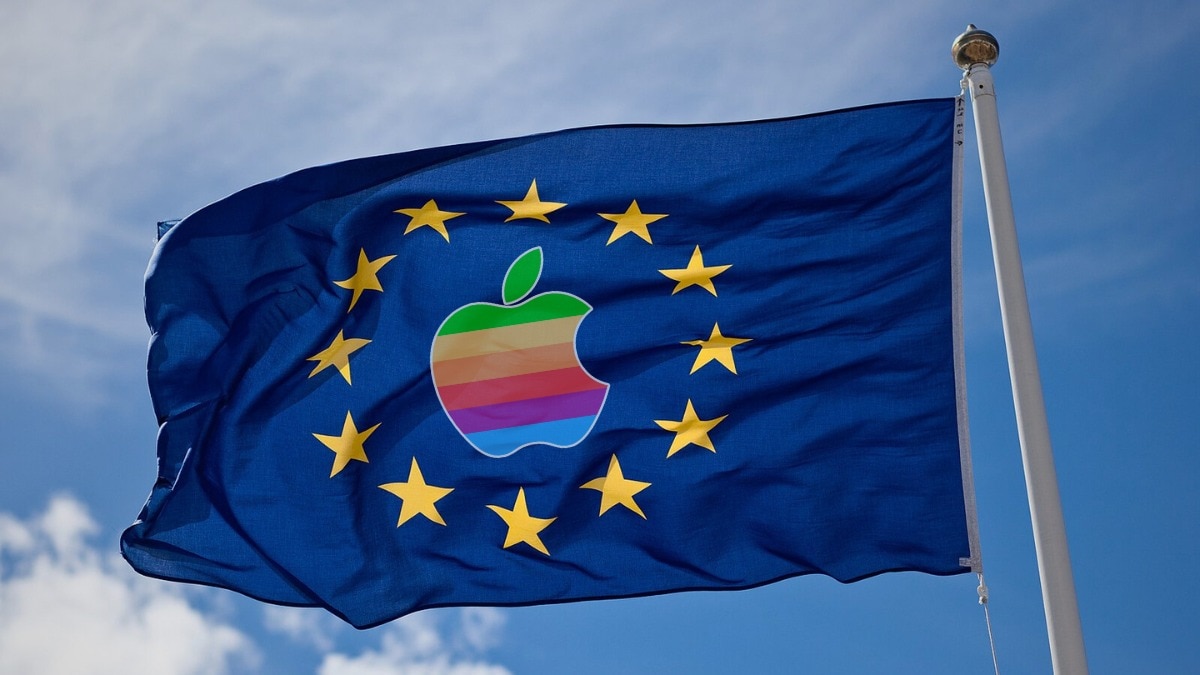Apple’s ongoing clash with the European Union over the Digital Markets Act (DMA) has intensified, with growing concerns that the iPhone maker may pull key features, and possibly entire product lines, from its European offerings.
The tech giant recently appealed a decision by the European Commission (EC) that imposed a €500 million fine on the company for failing to comply with the DMA’s requirements. At the centre of the dispute are EU rules mandating that Apple open up core iOS features, such as AirDrop, background execution access, and notification privileges, to third-party developers. The EC argues that restricting these features to Apple devices gives the company an unfair advantage and undermines competition.
Among the features under scrutiny is AirDrop, Apple’s proprietary file-sharing service. The DMA could require Apple to either allow other services to replace AirDrop as the default or to make the technology interoperable with non-Apple devices. Apple’s unwillingness to do so may prompt the company to disable AirDrop entirely on iPhones sold in the EU, according to industry commentator John Gruber.
“If AirDrop were brand new, users in the EU wouldn’t get that either,” Gruber speculated. “And if this mandate holds up, EU users might lose AirDrop.” He added that other Apple-exclusive features, including the seamless pairing experience of AirPods and Apple Watch, could also be in jeopardy if Apple opts to withhold them from the European market rather than open them up to rival platforms.
In a statement shared by Gruber, Apple said: “At Apple, we design our technology to work seamlessly together, so it can deliver the unique experience our users love and expect from our products. The EU’s interoperability requirements threaten that foundation… These deeply flawed rules that only target Apple — and no other company — will severely limit our ability to deliver innovative products and features to Europe, leading to an inferior user experience for our European customers.”
The company warned that these new rules could expose users to privacy and security risks by handing third-party apps access to sensitive user data, such as notification content and Wi-Fi history, which Apple itself doesn’t collect.
While it remains unclear how the courts will rule, the outcome of this legal dispute could significantly alter the iPhone experience for EU users. Apple may choose to comply with the EC’s demands, risking privacy trade-offs and a diluted product ecosystem. Alternatively, it may choose to limit or remove features and devices altogether from the region. This decision could have broad implications for consumers and the broader tech industry in Europe.
